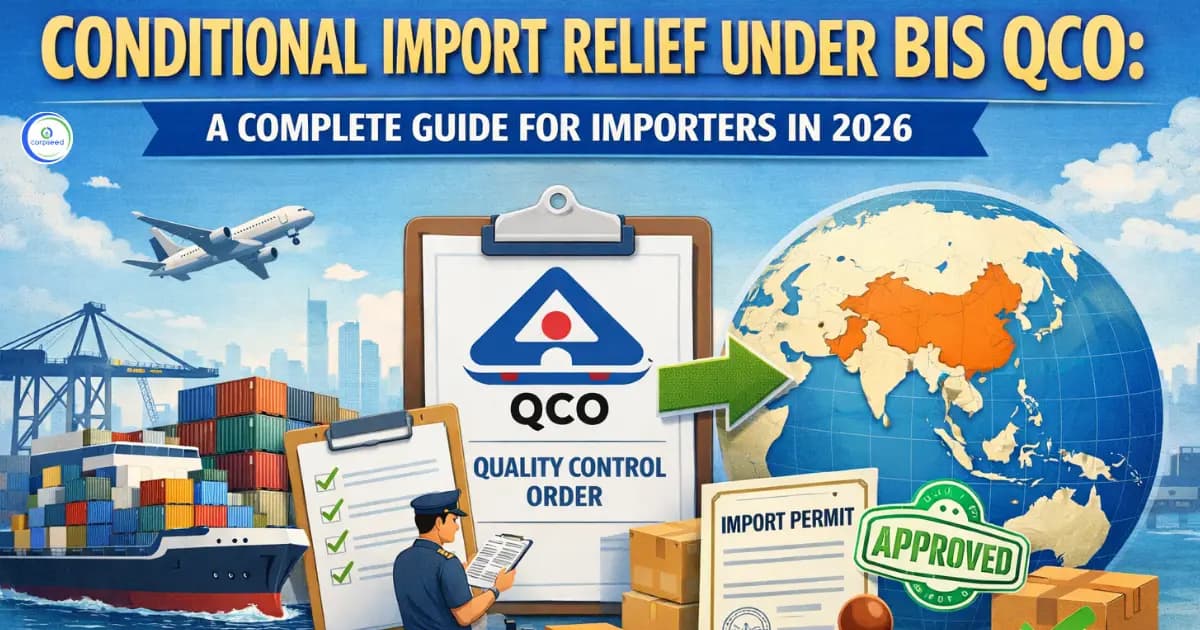
Loading...

The shampoo is in high demand because of its usage but unfortunately because of adulteration, the quality of shampoo decreases, declining the nutrition supply to the hair.
About the Author

I have over 3 years of experience working as a content writer . Currently, I work as a content writer at Corpseed ITES Private Limited, where my job role is providing the best content in the field of lifestyle and entertainment . I'm deeply passionate about creating an impact in the industry with my skills and knowledge
Related articles

What is the Government’s Motive behind ALMM?
2026-02-21

BIS Issues New Guidelines for Verification of Rated Capacity of Lithium Cells and Batteries
2026-02-21

Conditional Import Relief under BIS QCO: A Complete Guide for Importers in 2026
2026-02-20
_Amendment_Order_2026_New_Compliance_Rules_Corpseed.webp&w=1536&q=75)
Furniture (Quality Control) Amendment Order, 2026: New Compliance Rules
2026-02-18

Is Your MSME Exempt? 8 New BIS Quality Control Rules for 2026
2026-02-16

IS 19450:2025- E-Textbooks in Education Requirements
2026-02-16